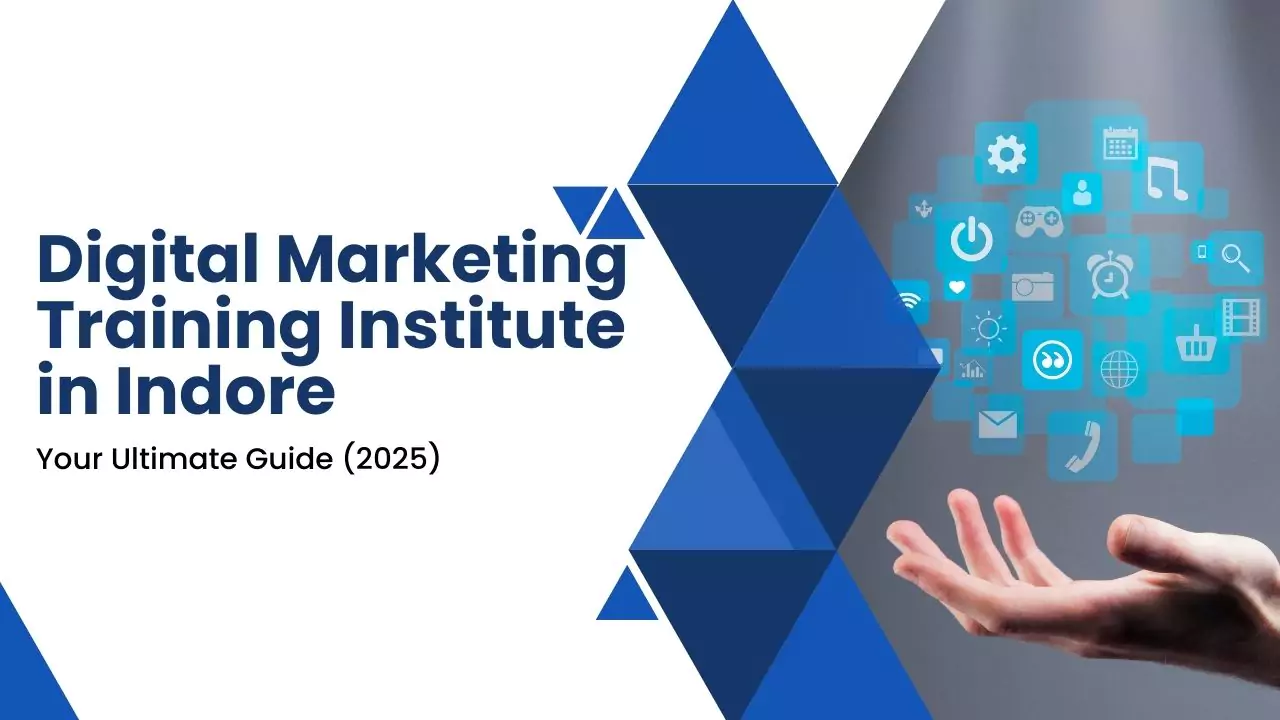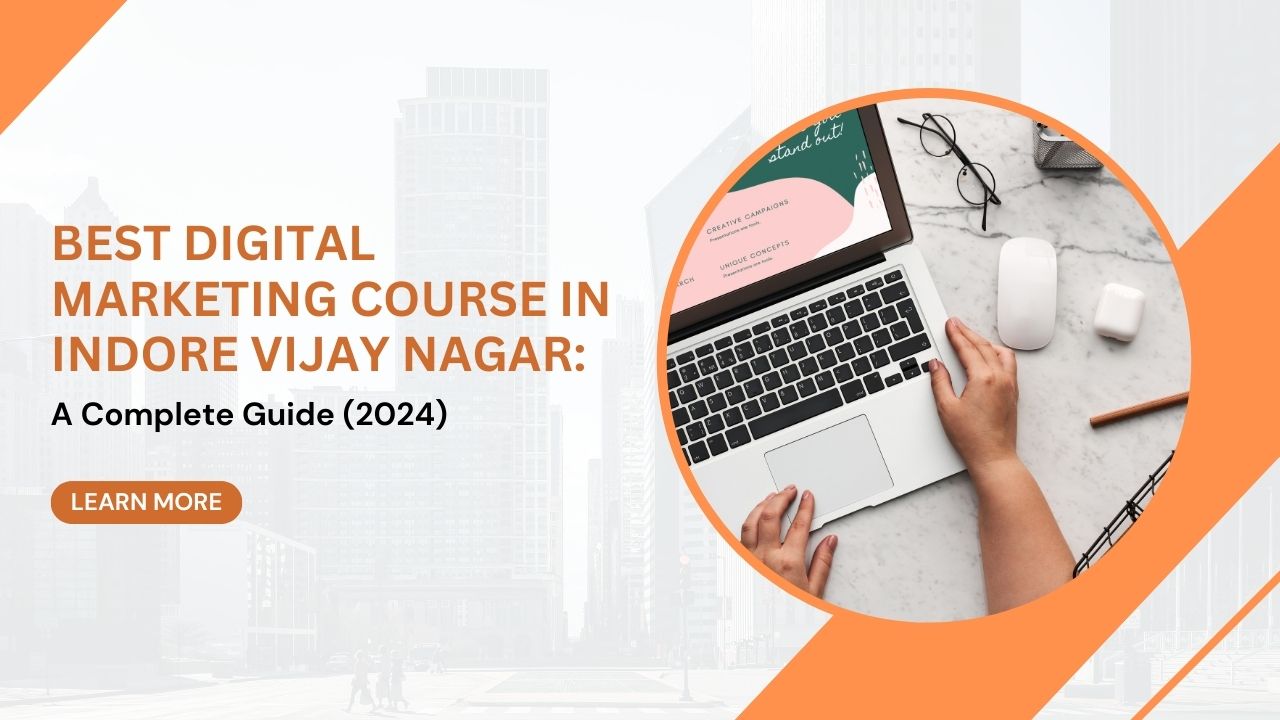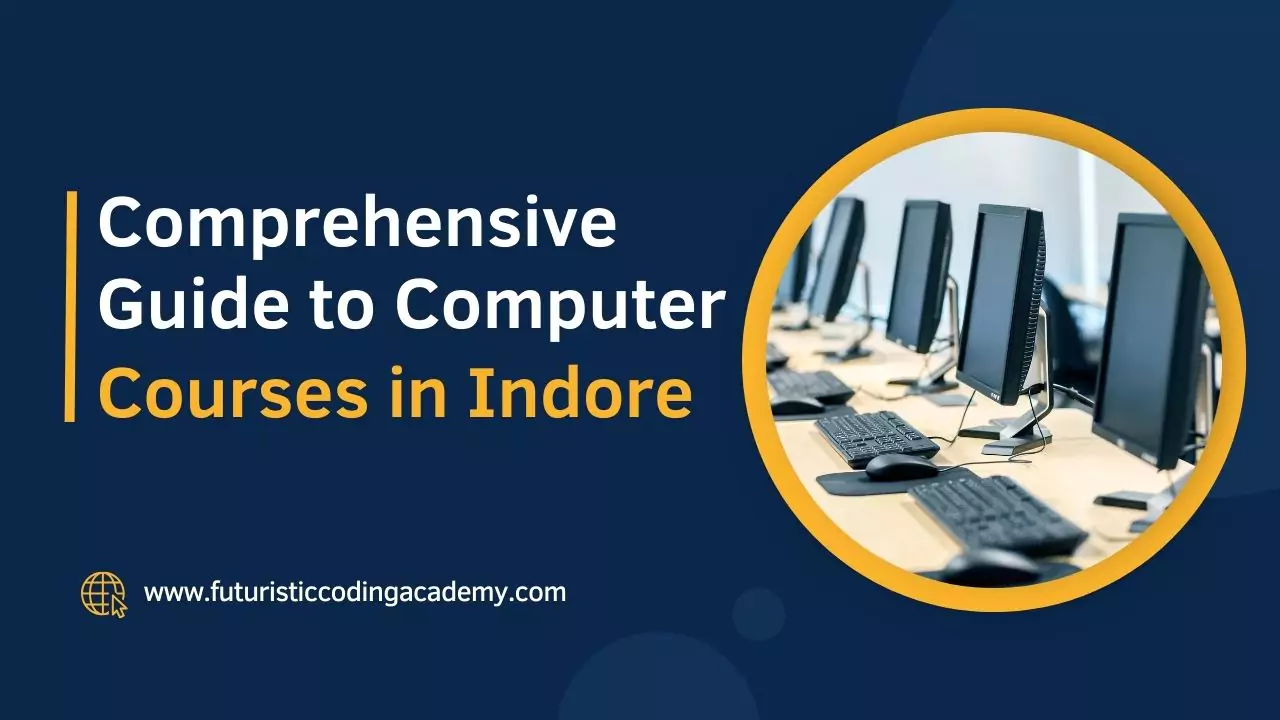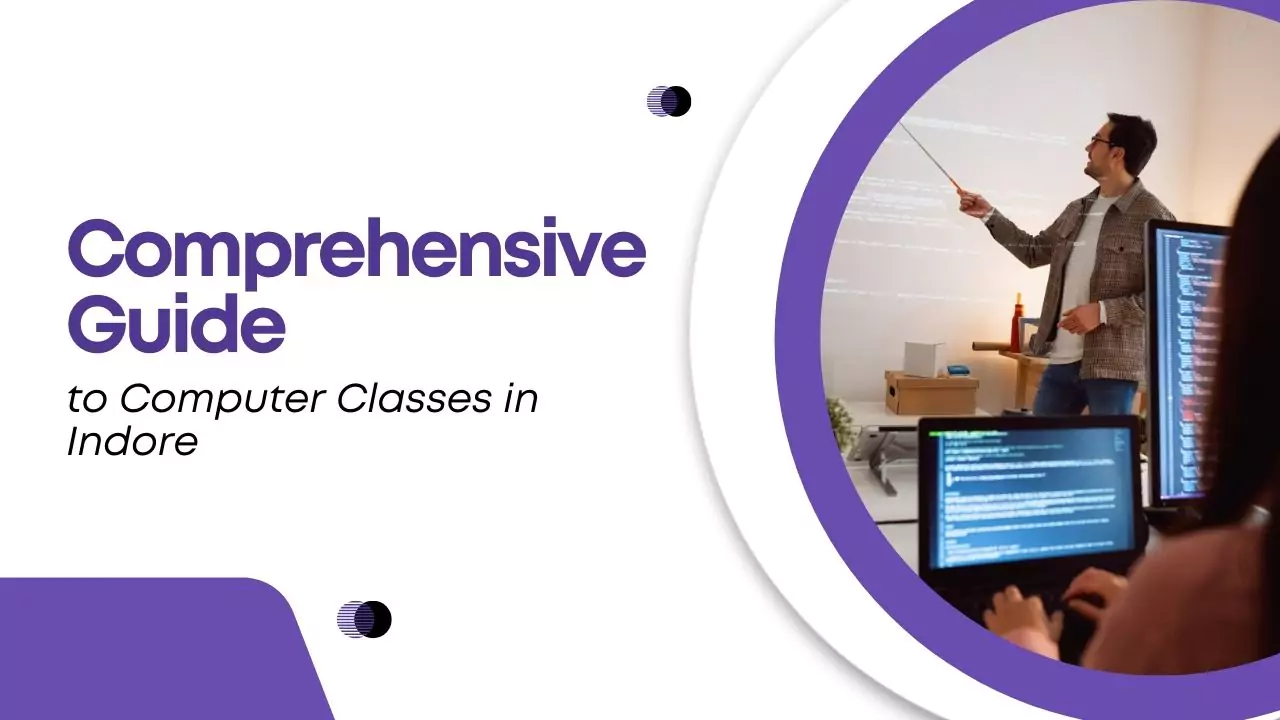In the world of software development, Java full stack developers are some of the most versatile and in-demand professionals. They possess expertise in both front-end and back-end development, making them valuable assets for building comprehensive web applications. As the tech industry evolves, the role of a Java full stack developer continues to be crucial. This guide will walk you through everything you need to know about Java full stack development, the technologies involved, and how to become a skilled developer in this field.
1. What is Java Full Stack Development?
Java full stack development refers to the creation of web applications using Java and related technologies for both the front-end and back-end portions. Full stack developers work on all layers of a web application, from designing the user interface to developing server-side logic and managing databases. Their ability to handle multiple technologies makes them essential for delivering seamless and functional web solutions.

2. Essential Technologies for a Java Full Stack Developer
Becoming a Java full stack developer requires knowledge of various technologies:
2.1 Front-End Languages and Frameworks
- HTML: The foundational language for structuring web pages.
- CSS: Used to style and format web pages for an enhanced visual experience.
- JavaScript: Adds interactivity to web pages. Familiarity with frameworks like React or Angular is crucial for modern web development.
2.2 Back-End Development with Java
- Java: The core language for back-end development, known for its versatility and reliability.
- Spring Boot: An extension of the Spring framework that simplifies Java application setup with minimal boilerplate code.
- Hibernate: An ORM (Object-Relational Mapping) framework that simplifies database interactions in Java applications.
2.3 Database Knowledge for Java Full Stack Developers
Understanding databases is vital for full stack developers:
- Relational Databases: MySQL, PostgreSQL, and Oracle are commonly used for structured data management.
- NoSQL Databases: MongoDB and CouchDB are popular for flexible, schema-less data storage.
2.4 Tools and Software for Java Full Stack Development
Some essential tools for efficient development include:
- Version Control: Git for tracking changes in code.
- Build Tools: Apache Maven and Gradle for building, testing, and managing Java projects.
- IDEs: Eclipse and IntelliJ IDEA for coding and debugging.

3. Java Full Stack Developer Responsibilities
Java full stack developers are responsible for:
- Designing User Interfaces: Building intuitive front-end interfaces using HTML, CSS, and JavaScript.
- Server-Side Logic: Developing server-side code with Java and frameworks like Spring Boot.
- Database Management: Interacting with databases using SQL or NoSQL databases and integrating them into applications.
- Testing and Debugging: Ensuring the application runs smoothly across all layers.
- Deployment: Deploying the application to production servers and maintaining it.
4. How to Become a Java Full Stack Developer
If you’re aiming to become a Java full stack developer, here are the key steps to follow:
4.1 Start with Java Programming
Learn the basics of Java, focusing on object-oriented programming concepts, syntax, and libraries. Having a strong foundation in Java is crucial since it forms the backbone of server-side development.
4.2 Master Front-End Technologies
Familiarize yourself with front-end technologies like HTML, CSS, and JavaScript. Learn at least one JavaScript framework, such as React or Angular, to build dynamic and responsive user interfaces.
4.3 Learn Back-End Technologies
Deepen your knowledge of back-end development with frameworks like Spring Boot for building robust applications. Study database management using SQL and ORM tools like Hibernate.
4.4 Hands-On Projects for Practice
Build practical projects to gain hands-on experience. Projects like CRUD (Create, Read, Update, Delete) applications, e-commerce websites, and personal portfolios help develop your skills.
4.5 Earn Certifications
Certifications from Oracle or other reputable institutions validate your skills and can enhance your job prospects. Look for certifications in Java programming, Spring framework, and other relevant technologies.

5. Frequently Asked Questions (FAQs) about Java Full Stack Development
Is Java Full Stack in Demand?
Absolutely! Java full stack developers are highly sought after due to their ability to work on both front-end and back-end aspects of applications.
How Long Does It Take to Become a Java Full Stack Developer?
It depends on your dedication and learning pace. A structured learning path, like the courses offered by Futuristic Coding Academy, can help you become proficient within 6-12 months.
What is the Difference Between Full Stack and Front-End Development?
Full stack development covers both client-side (front-end) and server-side (back-end), whereas front-end development focuses solely on the user interface and user experience.
Is Database Knowledge Essential for a Java Full Stack Developer?
Yes, a strong understanding of databases is crucial, as it allows you to efficiently store, retrieve, and manipulate data in web applications.
6. Salary Insights for Java Full Stack Developers
Java full stack developers command competitive salaries due to their versatile skill set. On average, they can earn Rs. 7,00,000 to Rs. 12.10,000 annually, depending on experience, location, and the complexity of their work.
7. Why Choose a Career in Java Full Stack Development?
Java full stack development offers a promising career path with numerous opportunities. The skills you acquire enable you to work on all aspects of web applications, from design to deployment, making you a versatile and valuable developer in today’s dynamic tech industry.
Conclusion
Java full stack development is a holistic approach to building web applications, combining the robustness of Java with the flexibility of various front-end and back-end technologies. By mastering Java full stack development, you open the door to a rewarding career with numerous growth opportunities. Ready to take the next step? Explore our full stack development courses at Futuristic Coding Academy to kickstart your journey.
Ready to become a skilled Java full stack developer? Join our comprehensive course at Futuristic Coding Academy and get hands-on experience with real-world projects. Enroll now and take the first step toward a successful career in full stack development!






